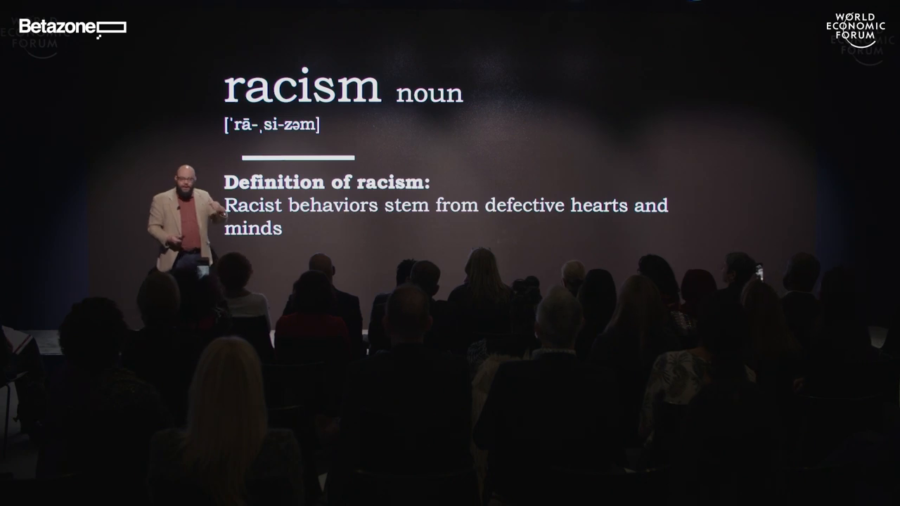I want to talk to you just a little bit about how the science of racism, how racism actually functions, can bring a little bit of hope to these difficult issues, without even needing to be especially political. And better than that, how the science of racism can lead to some actionable solutions to these seemingly impossible problems.
Archive (Page 1 of 2)
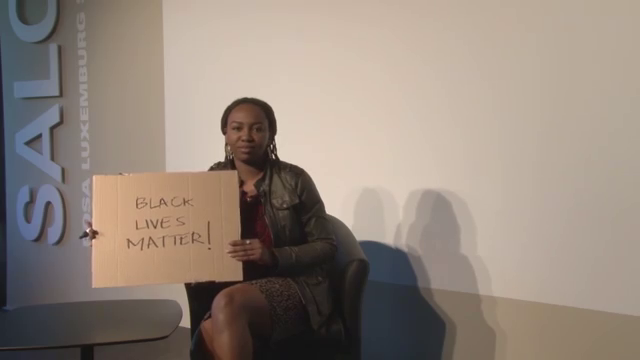
There’s a lot going on in the United States, right. So there’s a legacy of structural racism that’s been impacting Black communities in the United States ever since we were kidnapped from Africa and brought to the United States. And so what we’re seeing today is actually a continuation of the racist policies and practices of the United States. We’re seeing state-sanctioned violence with impunity on black people.
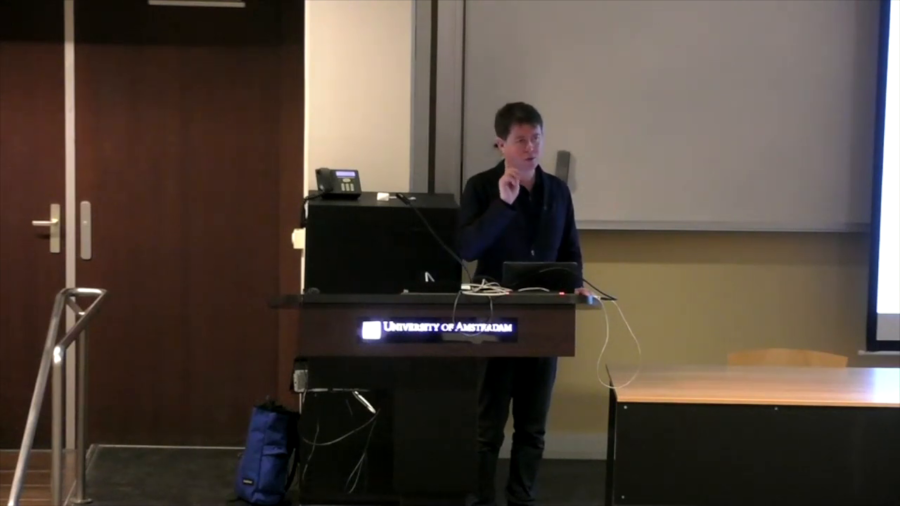
Extremists around the world are increasingly being thrown off of social media. And so…the big question that I’m going to try to answer is, is this effective? Is it good? Is it good for the platforms? Who does it benefit? Is it good for the platforms, is it good for the extremists, is it good for the Internet, is it good for society at large?
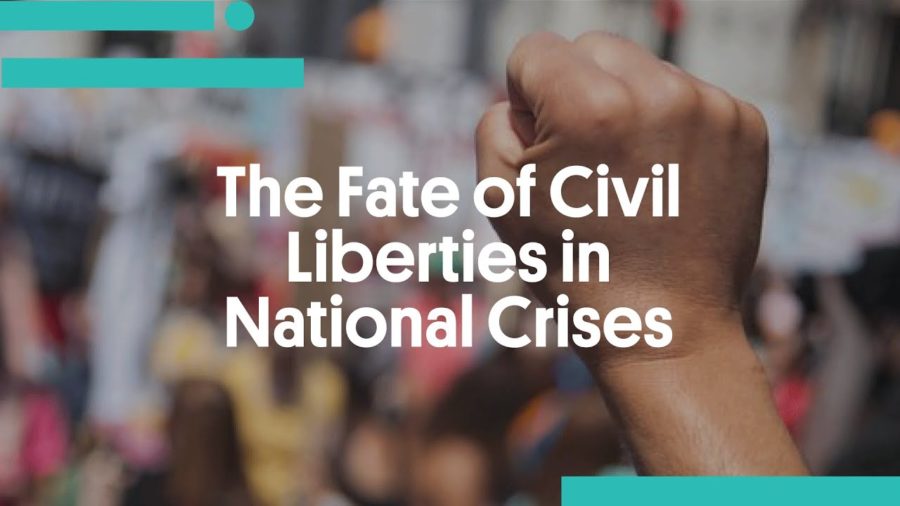
The system I would want is I would want an assurance that if some extraordinary measure has to be put in place temporarily to deal with a temporary crisis, that the word “temporary” will in fact continue to apply. And I will add that this is a moment when I really wish we had a functioning Congress.
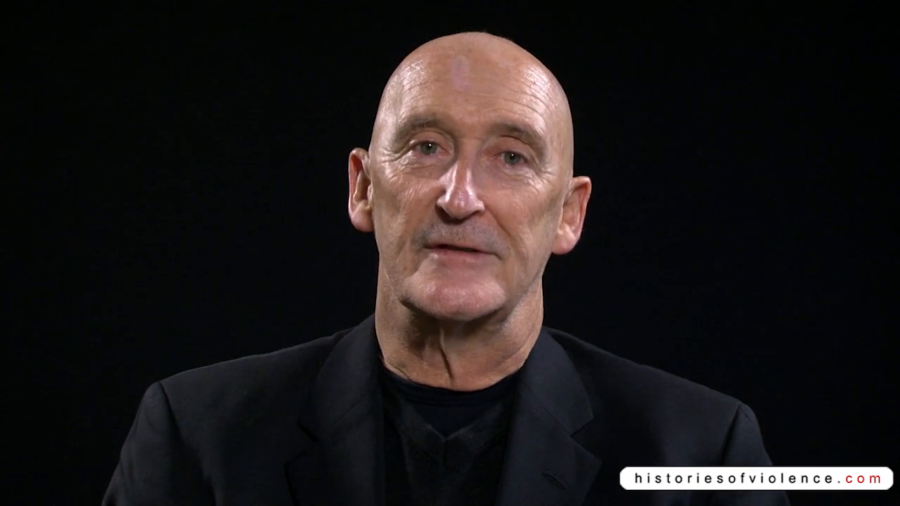
I’m not here going to think aloud about these various contestatory forms of evidence-giving, although much might be said about that in relation to thinking about violence. But rather to think about the Michael Brown shooting in Ferguson, Missouri and the kinds of police response to it in relation to the history of violence and the way in which race shapes said history of violence in a country like the United States…
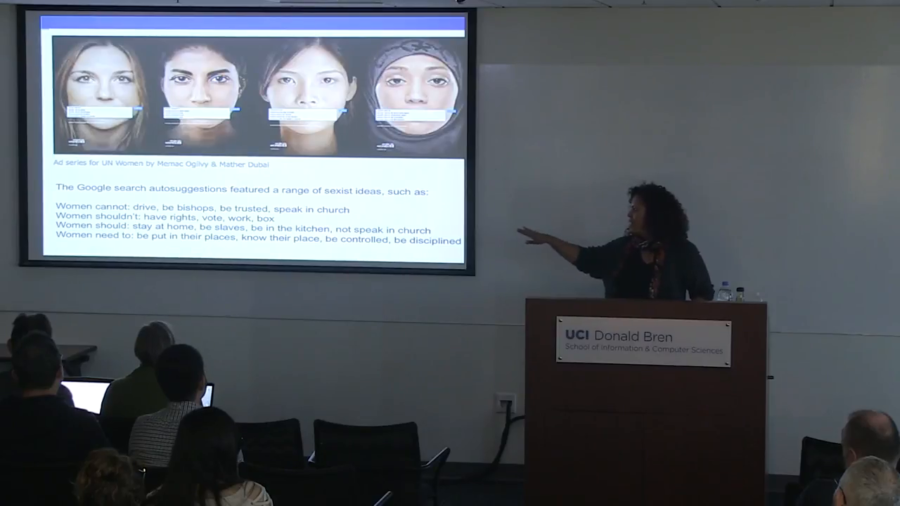
One of the things that I think is really important is that we’re paying attention to how we might be able to recuperate and recover from these kinds of practices. So rather than thinking of this as just a temporary kind of glitch, in fact I’m going to show you several of these glitches and maybe we might see a pattern.
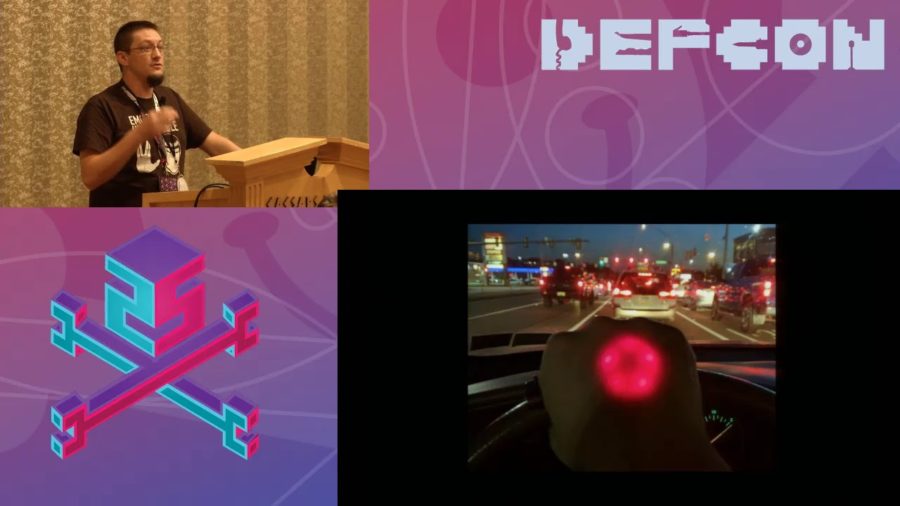
I think that we have a moral imperative to change the human being, given the fact that we are built so flawed and built for a time that we no longer live in. There’s a pretty pervasive belief that we kind of stopped evolving from the neck up. And that we don’t have behaviors that are actually stuck inside the human being, and ways in which we’re in this sort of evolutionary lockstep with what we used to be, and not what we are and what we’ve become.
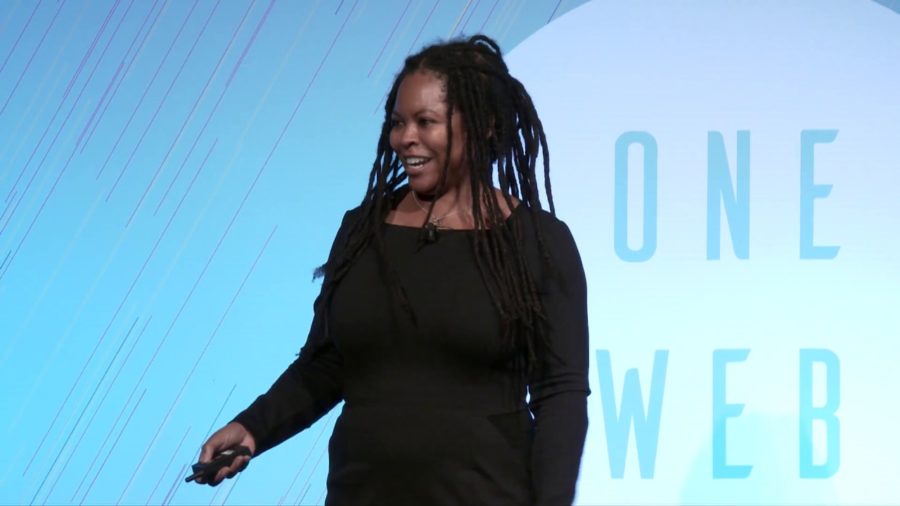
[The] question of what happens when blackness enters the frame can kind of neatly encapsulate the ways I’ve been thinking and trying to talk about surveillance for the last few years.
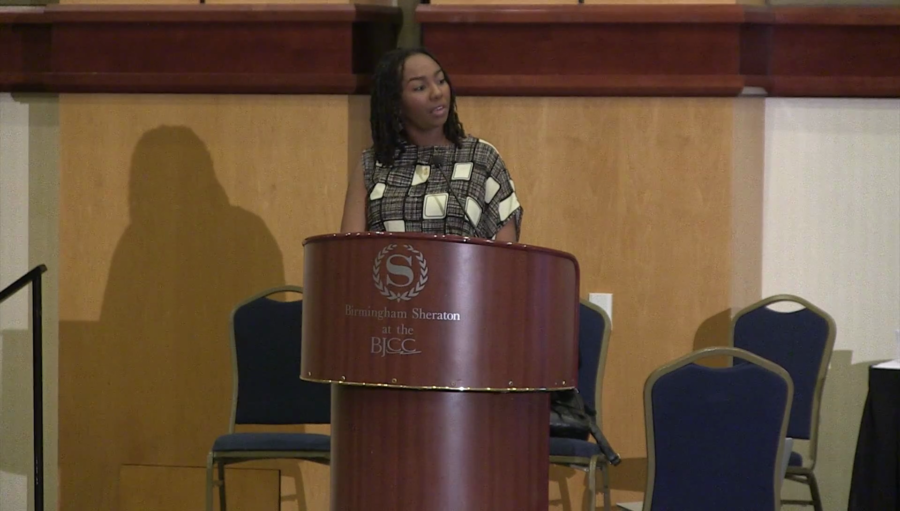
It’s paramount that our society recognize the role of anti-black structural racism in the US. And that our 21st century multiracial social movements uplift and centralize the issues of those community members who are impacted and are living at the margins. We know that if we do, we’ll get closer to real justice for all of us. Moreover, it’s been widely documented that the gains made by and with the black community have always led to better standards of living for all of us.

